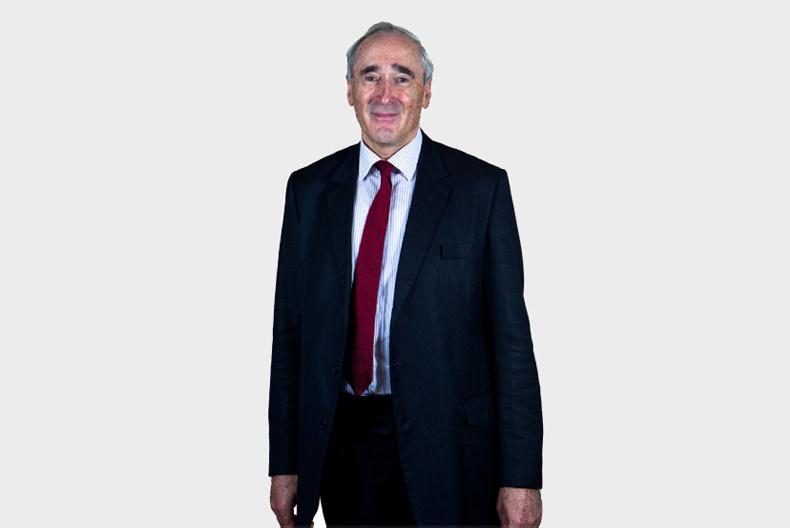I must admit I was not prepared for the outburst of personalised vituperation following my report of a climate meeting a few weeks ago. At the end of my piece, at that stage I mentioned that a professor from Princeton was coming to give a lecture. He gave it last Thursday so again, I went along to listen and hopefully to learn.
Again, what I write here is simply a report of what I heard together with some impressions I formed. In my view, there are two very distinct elements. The first, of course, is the overwhelming consensus of the world’s governments that climate change is a reality and steps must be taken to limit the increases in temperature that many maintain is inevitable if current trends continue.
Since 1860 approximately, average global temperatures have increased by 0.7°C – everyone accepts that. The alliance between China and Europe on this issue strikes everyone as odd – I must admit I find it absolutely logical. China has to get rid of its awful smog and pollution in its cities. This is generated mainly by burning coal with its sulphur dioxide, various nitrous oxides as well as carbon compounds, though the most often quoted greenhouse gas, carbon dioxide, is both invisible and beneficial to plant growth but it certainly acts as a greenhouse gas in the accepted sense by trapping heat that would otherwise escape.
It is also incontrovertible that the carbon dioxide levels in the atmosphere have doubled in the last 150 years. Part of the European agenda is undoubtedly driven by the lack of oil and gas for energy. This has placed a whole new emphasis on renewables which are becoming ever more efficient and cost-effective in producing clean energy.
So, where does that leave Ireland? The thesis that the climate is changing has been broadly accepted but significant questions have been raised about the reliability of the various statistical models, and from an agricultural point of view, the place of methane. The actual speed of global warming has also been contested, with some suggesting that it is slowing down if not actually reversing but the continuing erosion of Artic ice poses a real challenge to those who would deny any climate change.
In reality, the climate change train has left the station with the vast bulk of the world’s governments – apart now from the US – committed to reducing the production of carbon in their economies. The reasons might vary but the direction of policy is indisputable. Agriculturally, Ireland has a number of options. Internationally, we have linked up with New Zealand in looking at how to develop a united agricultural approach but so far, the Irish Government has not published its thoughts.









SHARING OPTIONS